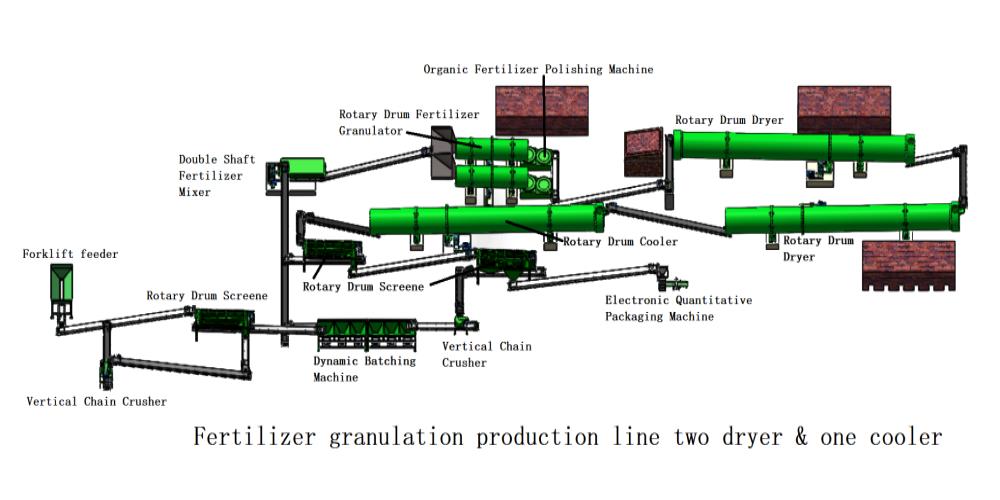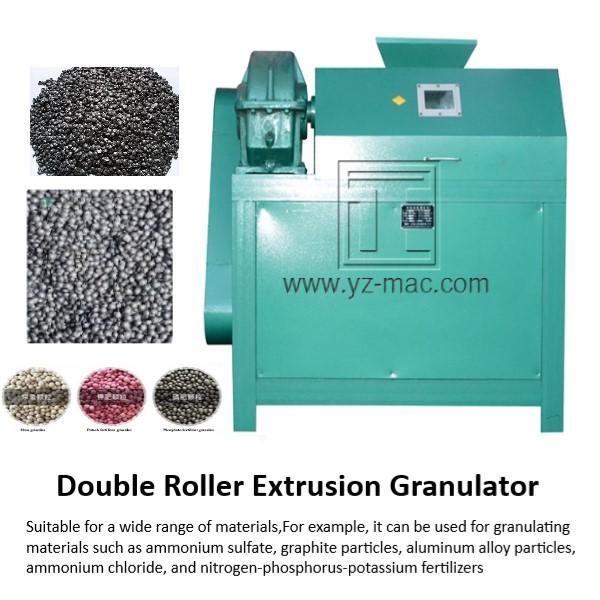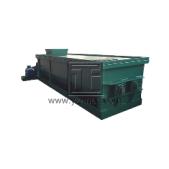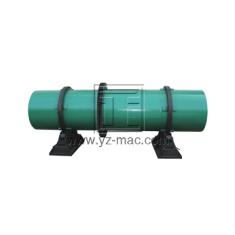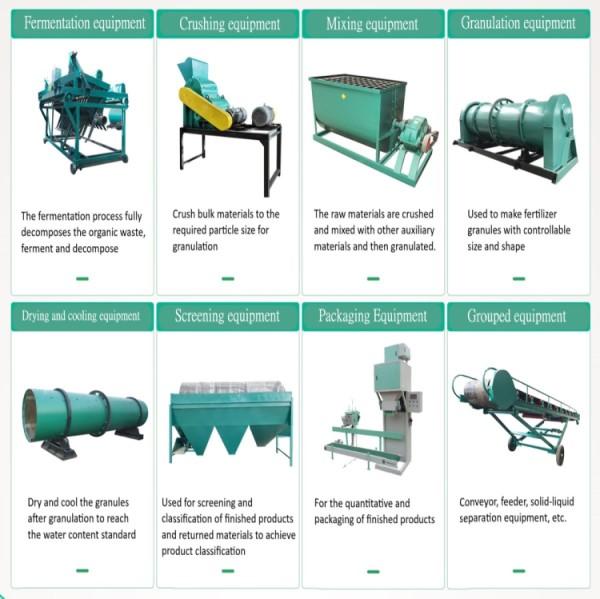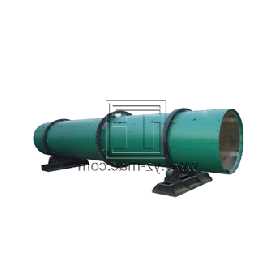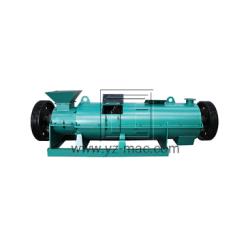Complete production line of bio-organic fertilizer
A complete production line for bio-organic fertilizer involves several processes that transform organic waste into a high-quality organic fertilizer. The specific processes involved may vary depending on the type of organic waste being used, but some of the common processes include:
1.Raw Material Handling: The first step in bio-organic fertilizer production is to handle the raw materials that will be used to make the fertilizer. This includes collecting and sorting organic waste from various sources such as agricultural waste, food waste, and municipal solid waste.
2.Fermentation: The organic waste is then processed through a fermentation process, which involves creating an environment that allows for the breakdown of organic matter by microorganisms. This process converts the organic waste into a nutrient-rich compost.
3.Crushing and Screening: The compost is then crushed and screened to ensure uniformity of the mixture and to remove any unwanted materials.
Mixing: The crushed compost is then mixed with other organic materials such as bone meal, blood meal, and other organic fertilizers to create a balanced nutrient-rich blend.
4.Granulation: The mixture is then formed into granules using a granulation machine. Granulation is important to ensure that the fertilizer is easy to handle and apply, and that it releases its nutrients slowly over time.
5.Drying: The newly formed granules are then dried to remove any moisture that may have been introduced during the granulation process. This is important to ensure that the granules do not clump together or degrade during storage.
6.Cooling: The dried granules are then cooled to ensure that they are at a stable temperature before they are packaged and shipped.
7.Packaging: The final step in bio-organic fertilizer production is to package the granules into bags or other containers, ready for distribution and sale.
An important consideration in bio-organic fertilizer production is the potential for contaminants in the organic waste. To ensure that the final product is safe to use, it is important to implement appropriate sanitation and quality control measures throughout the production process.
By converting organic waste into a valuable fertilizer product, a complete production line for bio-organic fertilizer can help reduce waste and promote sustainable agriculture practices while providing a high-quality and effective organic fertilizer for crops.


